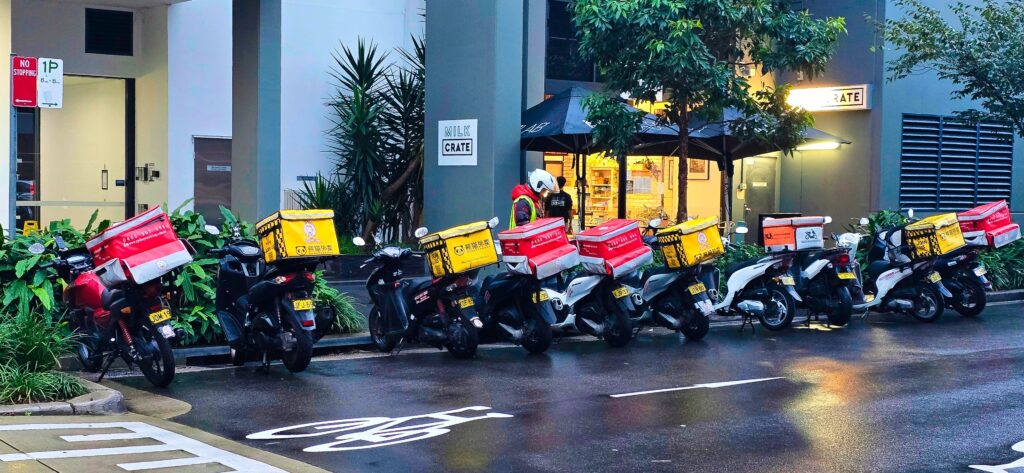The Australian Government’s skilled migration program has long been seen as a way to address labour shortages, especially in fields like healthcare and construction. However, many skilled migrants face frustrating barriers when trying to get their qualifications recognised, resulting in an estimated 621,000 permanent skilled workers being underutilised.
Despite coming to Australia with qualifications and experience in areas experiencing severe shortages, these migrants are often stuck working in lower-paid roles such as driving rideshare or working in retail, which don’t utilise their expertise.
Activate Australia Skills (AAS) calls for change in skills recognition
This issue has prompted over 50 business groups and unions to call for an overhaul of Australia’s skills recognition systems, which assess whether a migrant’s overseas qualifications and experience meet local standards. These systems are criticised for being inconsistent, slow and costly, often leaving skilled migrants waiting long periods and paying high fees without clear pathways to work in their chosen fields.
The coalition of these 50 organisations, called Activate Australia Skills, has outlined several key reforms aimed at streamlining the recognition of overseas qualifications. These include a national governance system, an online portal that clarifies training requirements, and the establishment of an ombudsman to oversee the process. They are also advocating for a loan system to help migrants cover the high costs associated with skills recognition, much like the HECS scheme for university students.
Why Australia’s labour shortage needs immediate action
The challenges faced by skilled migrants are particularly acute in sectors like health and construction, where labour shortages are felt nationwide. For instance, four in five healthcare occupations are in shortage and almost 200 doctor’s clinics have closed across the country in the last year, the AAS report said. However, thousands of skilled migrants with qualifications in these fields are either unemployed or working in unskilled jobs because their credentials aren’t recognised by Australian authorities.
While the federal government has allocated funding to improve skills assessments for certain professions, the focus remains on upskilling Australians through programs like the National Skills Agreement and Fee-Free TAFE. However, skilled migrants – who already have qualifications and experience – need more immediate solutions to ensure their skills are recognised and used in Australia’s workforce to address critical shortages.
Take action
Join the call for change by signing the open letter to the Australian Government, which advocates for:
- A unified national system for overseas skills and qualifications recognition, including the appointment of an Ombudsman to ensure independent oversight and transparency.
- A streamlined and consistent process across the country, reducing red tape and making it easier for migrants to navigate the system.
- Financial support options to remove cost barriers, along with an online portal that provides clear, step-by-step information on how to get qualifications recognised.
- Migrant Employment Pathway Hubs equipped with skills recognition navigators to help skilled migrants return to their professions.
Sign the open letter here to help ensure skilled migrants can work in the roles for which they are trained.





